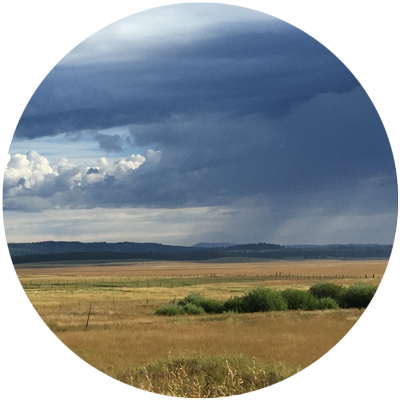Home > Climate News >

Where we stand on important issues
“The American Conservation Coalition believes that people, businesses, and the government can work together to solve the nation’s environmental issues without sacrificing our economic prosperity or our rights as Americans. Market-based environmental action allows us to conserve our energy, wildlife, land, air, and water, while also ensuring continued economic growth…”
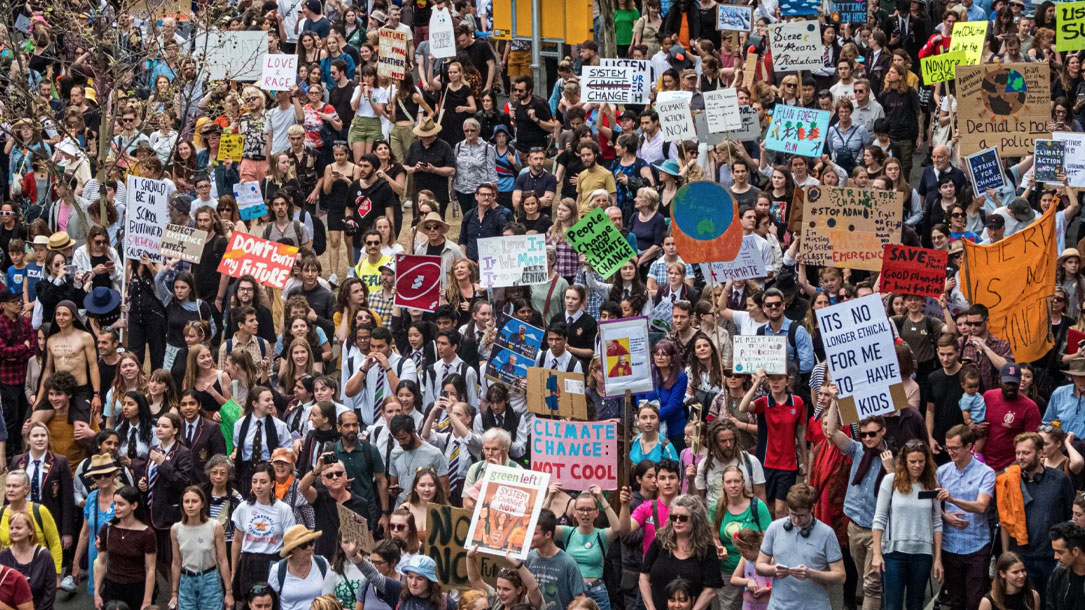
How do you convene your community on climate change? Here are some tips
The Climate Generation Climate Convenings Toolkit can help you organize a public gathering on climate change solutions in your community.
The Toolkit shares the essential elements for effective public conversations on climate change, as well as the practical tools for planning and implementing a convening in your community. The 20+ page guide is geared toward anyone interested in catalyzing deeper conversation, understanding, and action on climate change.
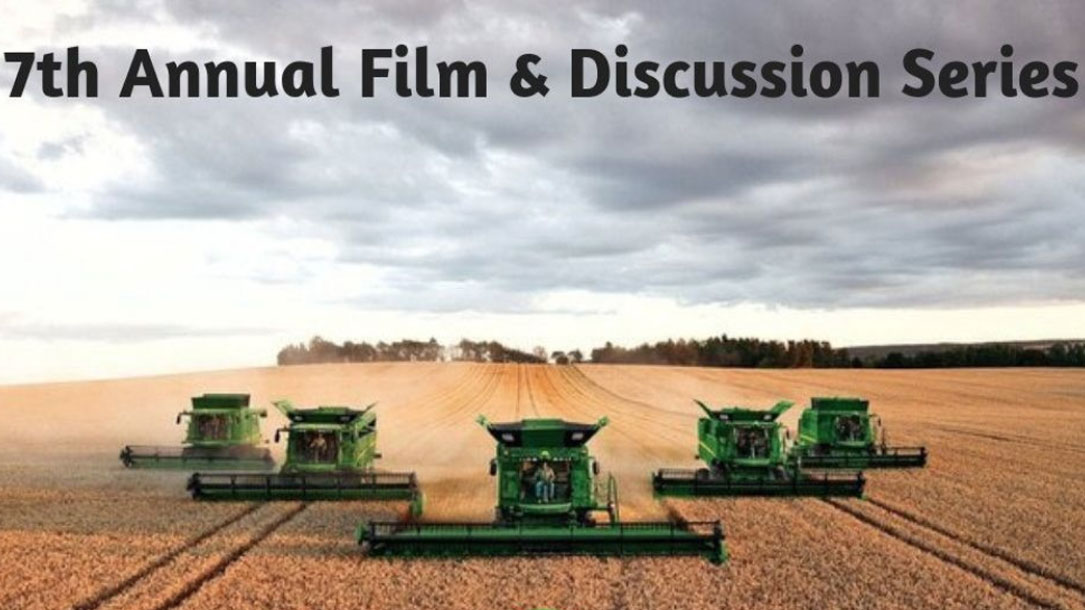
Film Series Featuring Climate Change: Woodstock Land Conservancy partners with community organizations
Inspired by Project Drawdown, which offers 100 practical solutions to reverse global warming, this year’s program focus is on the lifecycle of food and its components which rank high in their contribution to producing greenhouse gases. Woodstock Land Conservancy and others are providing a forum for people to address their impact.
Check out their film series in partnership with the Woodstock NY Transition, Woodstock Jewish Congregation, and Saint Gregory’s Episcopal Church for a monthly evening film, presentation, and discussion on four successive topics including regenerative agriculture, plant-rich diet, food waste, and composting.
They welcome a lively discussion about working together locally to make choices that lessen our impacts.
Presented the last Monday of the month from January through April, the Film & Discussion Series is free and open to all ages. Donations are welcome and help to support future programs.
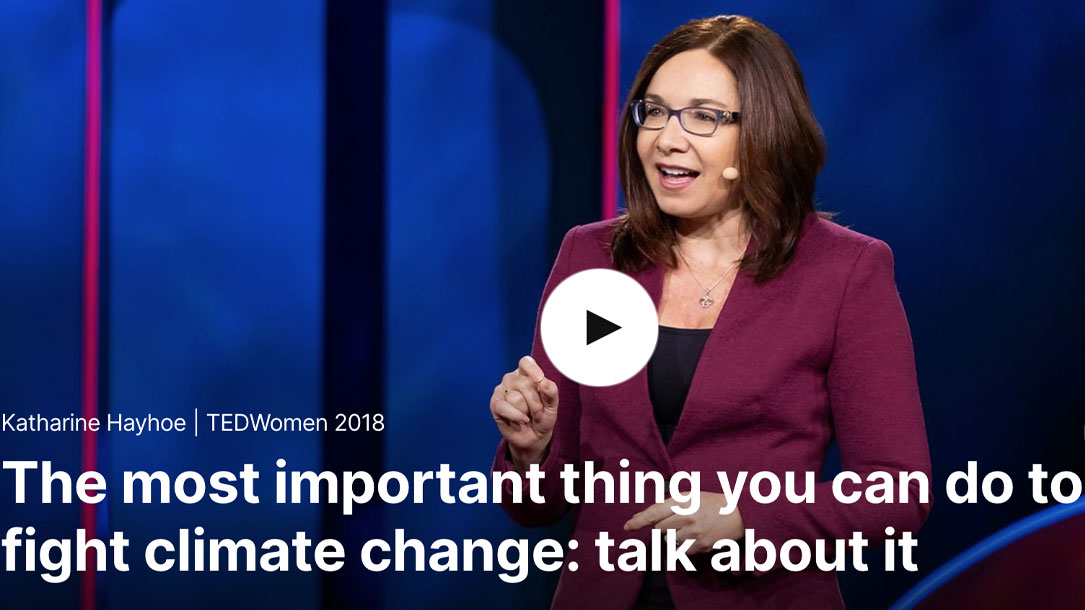
Land trusts need to talk about climate change
How do you talk to someone who doesn’t believe in climate change? Not by rehashing the same data and facts we’ve been discussing for years, says climate scientist Katharine Hayhoe.
In this inspiring, pragmatic talk, Hayhoe shows how the key to having a real discussion is to connect over shared values like family, community, and religion—and to prompt people to realize that they already care about a changing climate.
“We can’t give in to despair,” she says. “We have to go out and look for the hope we need to inspire us to act—and that hope begins with a conversation, today.”
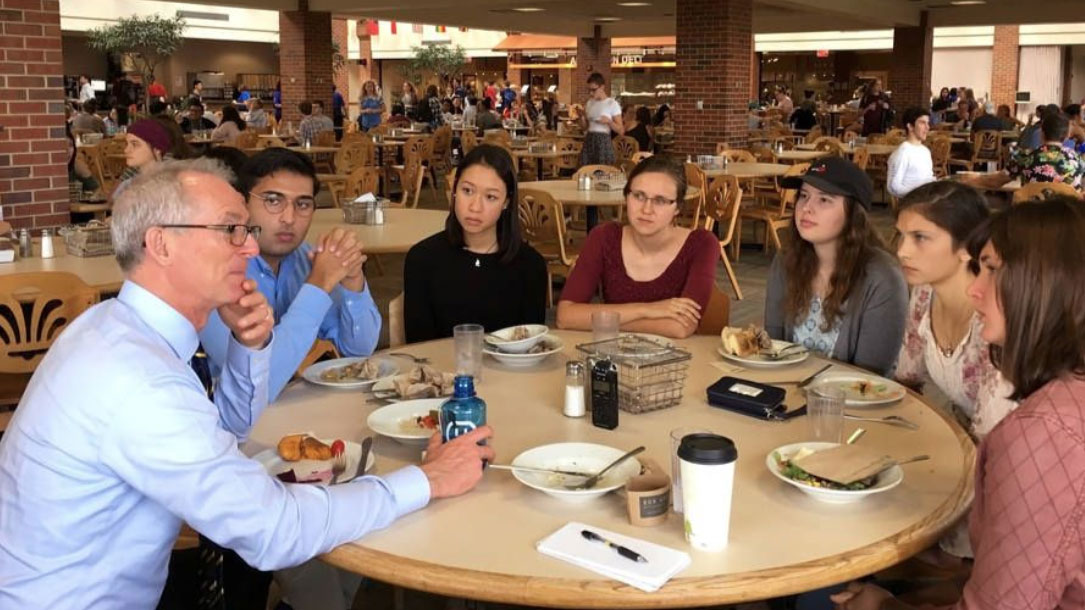
Generation climate: Can young Evangelicals change the climate debate?
Evangelical Protestants—one in four American adults—are a political powerhouse. They are the single largest religious group in the nation, and they are nearly twice as likely to be Republican as Democrat. And while Baby Boomers are currently the strongest political voting bloc, that’s only because the older you are, the more likely you are to vote.
From Colorado Springs, Colorado, Chelsey, 20, always loved nature…
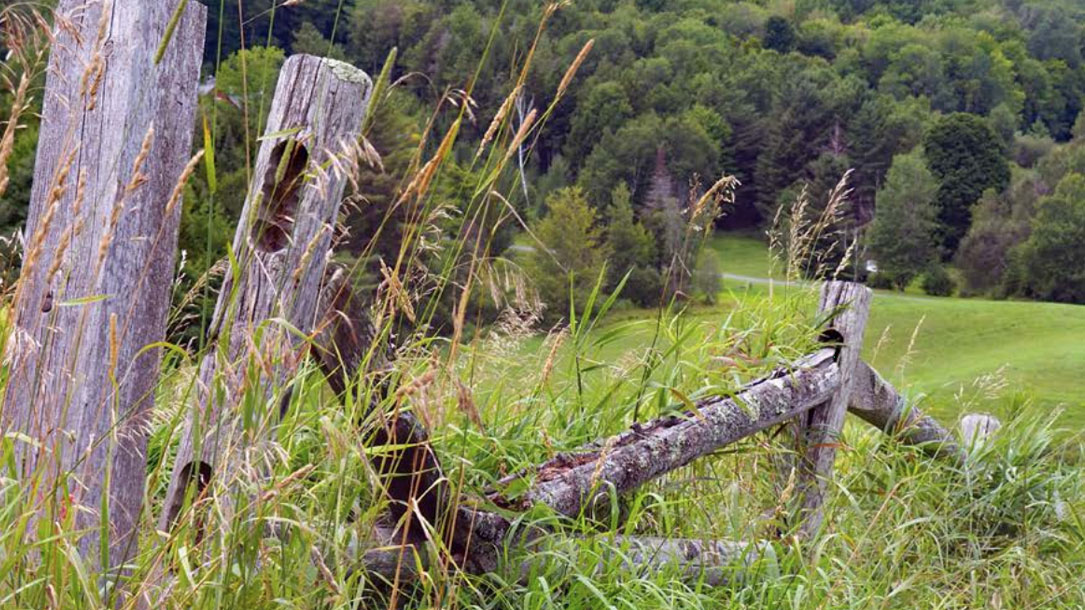
How to talk about climate change
The Land Trust Alliance and the Open Space Institute undertook a study to see how land trust supporters felt about their land trust talking about climate change. There was strong agreement that land trusts should, or could, talk about climate change.
That said, regardless of whether or not land trust supporters believe the data on climate change, I would suggest that it is a moral and ethical duty for your land trust to talk about climate change—and to provide ways people can slow it down.
The question is often, “How?” The report offers some suggestions on how to frame climate change as part of your communication and engagement strategy.

Does talking to people about climate change make any difference?
Let’s say I was able to visit one high school per week for the next year and give a talk about what young people can do to fight climate change. Say I also try to reach adults by giving presentations at local community centers, churches, and international centers.
Would any of these efforts, if I undertook them over the next three or five years, make ANY difference in curbing the current rise in carbon dioxide emissions, reducing the number of species going extinct every day (which I’ve read is 200), and decreasing the amount of Arctic sea ice melt?

10 groups to watch in 2019
LET’S BE FRANK: 2018 was not exactly a banner year for the planet. Nearly every major environmental assessment presented grim results: crucial habitats like tropical forests continue to disappear; wildlife populations declined 60% over the last 40 years; and perhaps most alarming, we’re failing to make the progress we need to keep the climate within safe boundaries.
We still have a chance to turn things around, though. A major body of research led by The Nature Conservancy shows it is still possible to achieve a sustainable future for people and nature—if we take massive action in the next 10 years.
That means we need strong leadership, and not just from the usual suspects—saving the planet must be an all-hands-on-deck effort. So below, in no particular order, we present 10 groups to watch in 2019…
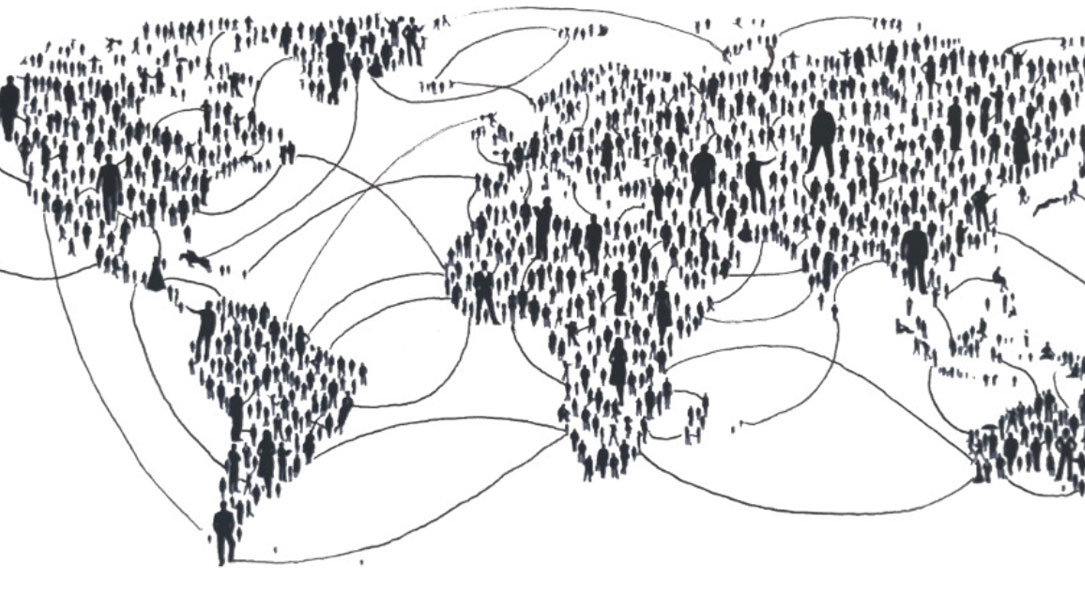
16 sustainability leaders weigh in: How YOU can help reverse global warming
“The next few years are probably the most important in our history.” That’s a quote from Debra Roberts, Co-Chair of International Panel on Climate Change Working Group II. If you are wondering how you can share climate change news with your neighbors, friends, and other conservationists, this article might be one to consider…
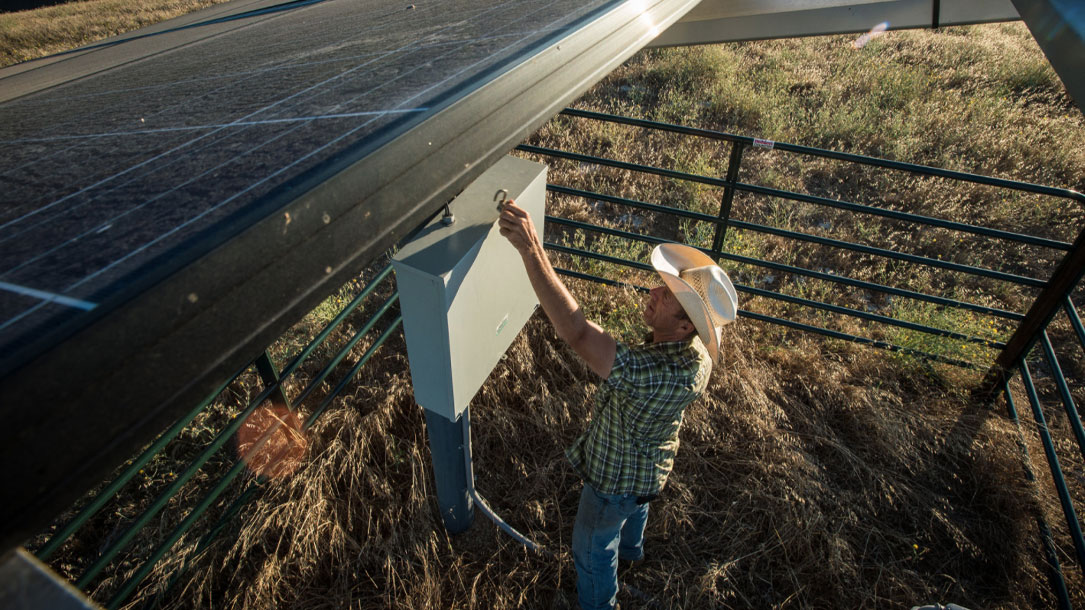
Three steps to better climate conversations and a communication strategy
Wondering how to communicate about climate change? Dr. Katharine Hayhoe, one of the world’s climate change leaders and scientists, provides tips on how to connect with people around climate change.
Remember that the vast majority of Americans want action on climate change. Many feel helpless about what to do.
Here are some tips on how to talk about climate change. They really are the same in any engagement strategy…



